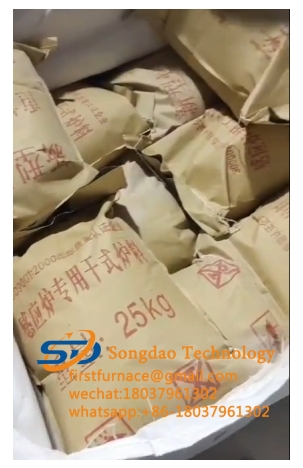- 22
- Apr
Refractory materials are necessary safety products in all walks of life
Refractory materials are necessary safety products in all walks of life
Refractory materials refer to those inorganic non-metallic materials with high temperature resistance, and the required refractory temperature is 1580 degrees or more. That is to say, the refractory material can not melt down or soften at this temperature. Why develop refractory materials? Because many industries require the participation of refractory materials at high temperatures, but metals cannot be used to participate. For example, metallurgy, chemical industry, petroleum, machinery manufacturing power, etc. all need refractory materials. In many public places, it is also necessary to use materials to make, such as the floor of the bar, curtains, tables and chairs, etc., and many other crowded places require refractory materials to prevent the fire can be stopped in time if a fire occurs. The spread and harm to personnel. Refractory wholesale is a company that specializes in selling these refractory materials. The main products cover the steel, metallurgy, cement, chemical, non-ferrous, energy-saving and environmental protection industries.
The main materials in refractory wholesale products are oxide materials, such as aluminum oxide, calcium oxide, uranium oxide, cerium oxide, and so on. There are also many refractory compound materials, which are not as good as carbides, nitrides, borides, silicides, and sulfides. The melting points of these materials are all above 2000 degrees, and some are even above 3800 degrees. There are also some high-temperature composite materials, such as cermets, high-temperature inorganic coatings, fiber-reinforced ceramics and so on. These materials are the main contributors to ensuring flame retardancy and fire resistance in high temperature environments.

